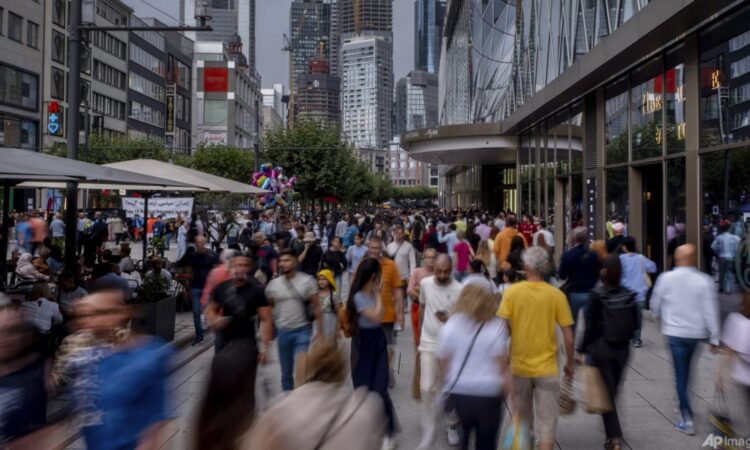
MORE TIME NEEDED TO GET OUT OF ECONOMIC WINTER
“In the rest of Europe, particularly in smaller and middle-size economies, there’s a lot of unease at the way Germany wants to come out of this economic slowdown, (which) is much more national-focused,” said Dr Gehrke.
“We see that Germany is spending massive national subsidies for its economy and is pushing in Brussels, saying ‘we want to spend much more nationally’. And many other capitals say that it is a huge risk.”
But there are some signs that the situation is improving.
Recent data revealed that inflation for January dropped to 2.9 per cent, the lowest levels since 2021, and well below the peak of 10.6 per cent in October 2022.
Yet, the International Monetary Fund noted that this year, growth is expected to remain well below the average for the world’s advanced economies.
With the European Parliament elections set to be held in June, the state of the EU economy will likely remain one of the top issues for voters, said analysts.
Traders at Berlin’s Winterfeldt Market are concerned that inflation and higher costs will affect their businesses.
“People are buying less. They are worried about problems in the world, in Europe,” said Mr Angelo Restial of Marmalione Italian Kiosk.
“Everything has become more expensive because of inflation. We have to follow along. Diesel is more expensive, food is more expensive, everything is expensive.”






